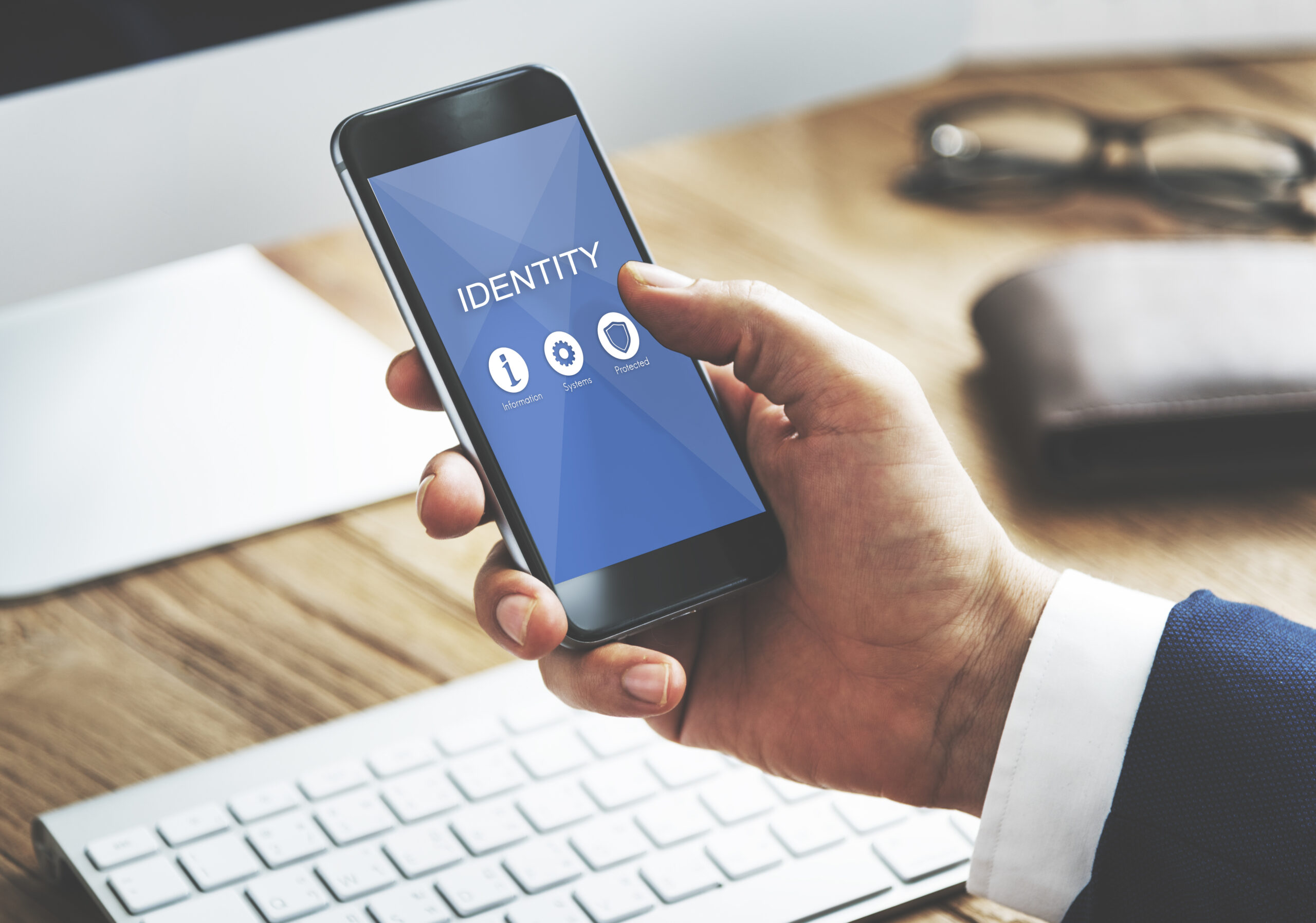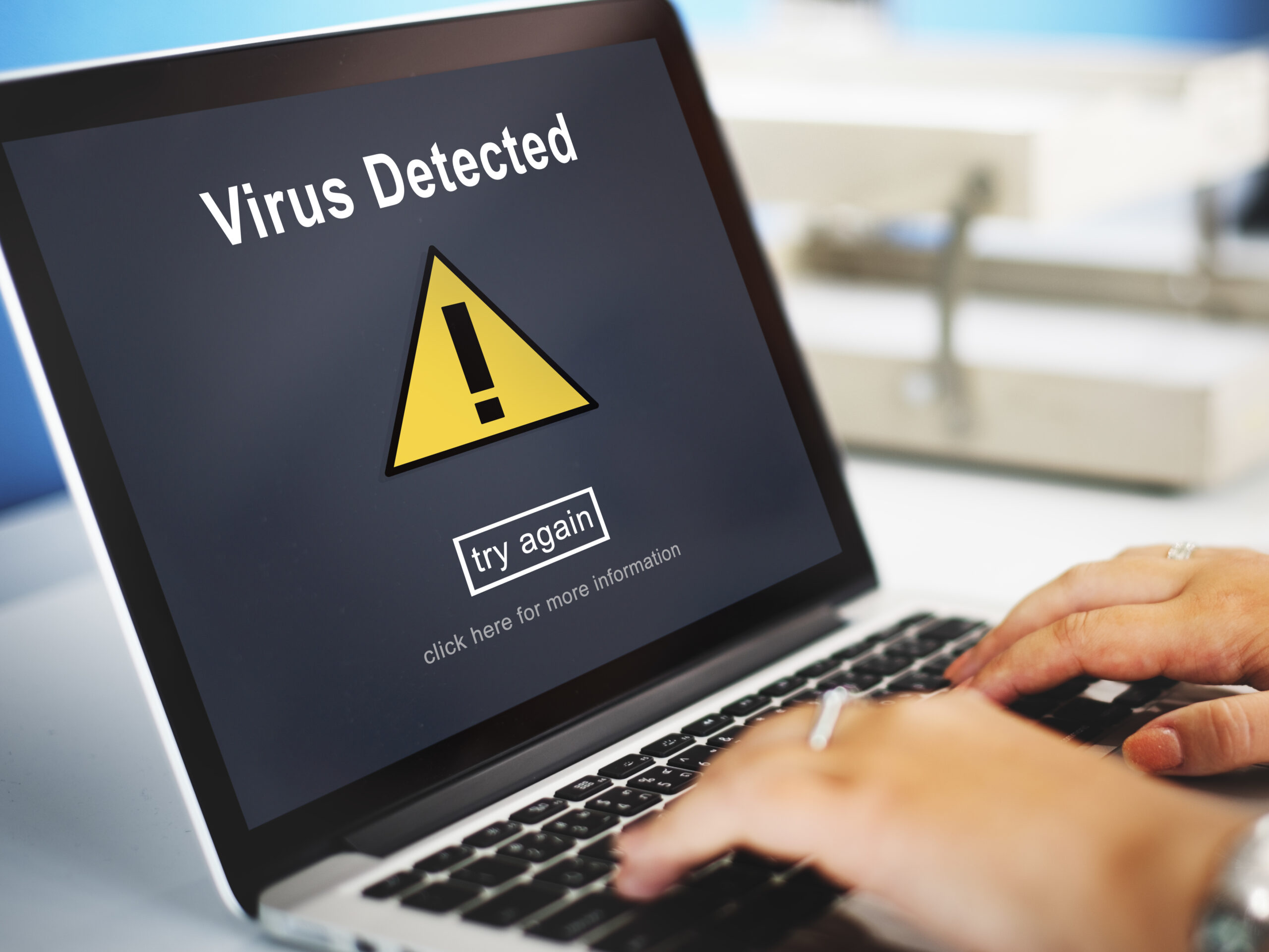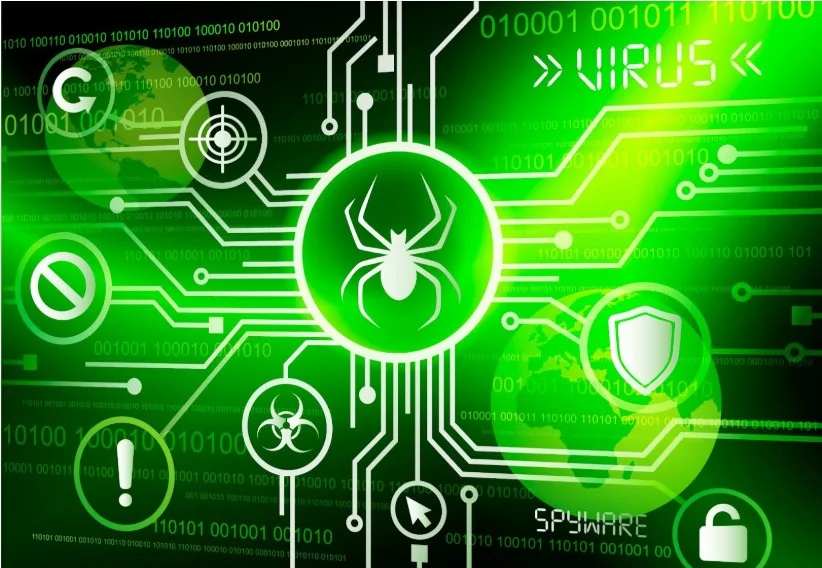VPN scams are becoming a real problem for people who just want to feel safer online. A report from The Business Research Company found that the global VPN market reached USD 61.42 billion in 2024, and that rapid growth has given scammers a new way to take advantage of users.
WiFi hackers take advantage of weak networks to intercept information, and in many cases, they do it through fake VPNs designed to trick users. In this post, we’ll explain the most common ones you should be aware of, real cases that show how far these risks can go, and how to choose a legitimate provider.
Need support after a scam? Join our community today.
Top Most Common Types of VPN Scams
People looking for stronger online security often come across VPN scams that seem reliable at first. Many share familiar signs: tempting promotions, urgent messages, and claims that fall apart once reviewed calmly.
According to DataProt, 62% of internet users worldwide use or have used a VPN. This widespread adoption has also contributed to a rise in VPN fraud and fake VPN apps. To help you recognize these threats, here are the most common types of scams and how they work in real situations:
1. “Lifetime Deals” And Offers That Seem Unusually Generous
A “lifetime deal” is a plan where a VPN advertises unlimited access in exchange for a single payment. It may look like a convenient way to save money, but this type of offer usually hides one of the most common tactics seen in VPN scams.
Running a VPN requires continuous investment in servers, upkeep, licenses, and customer support, so a one-time fee rarely covers the real cost of the service.
- Example: The FastestVPN Lifetime Deal, promoted through third-party sites in 2022, promised permanent access for less than $20. Months later, users on Reddit shared that their accounts were blocked, support channels disappeared, and access was removed without notice.
2. Free VPNs That Sell Your Data
Free VPNs may look like a simple way to protect your connection, but many work through practices that put your information at risk. These services are free because the business model relies on collecting and sharing user data, turning what should provide privacy into exposure to third parties.
A big concern is how little these apps explain in their policies. Some request access to contacts, location, or storage, and many include trackers that follow your activity while you browse.
- Example: A popular incident involved SuperVPN, a free app that reached more than 100 million downloads on Google Play before it was taken down for exposing user data. Investigators later found that it kept connection details without encryption.
3. False “No-logs” Claims And Promises Of Full Privacy
Some VPN scams confuse people by promoting a no-logs policy, which suggests the service keeps nothing about your online activity. At first, it sounds like a safe option, since it means even the provider can’t see what you do.
The issue appears when those claims have no real verification behind them. Many services talk about complete privacy, yet independent reviews later reveal stored connection records, IP information, or even traces of browsing history.
- Example: One widely discussed case involved Hola VPN. It was promoted as free and “log-free,” but later reports showed it used the bandwidth of its users to create a shared network without their consent.
4. Fake Or Malicious Apps Pretending To Be VPNs
Some apps imitate well-known VPN brands to gain trust. They copy names, icons, and layouts in a way that looks convincing, making it easy for anyone to believe they’re installing a legitimate tool.
The trouble begins once the app is running. Many of these programs collect passwords, track location, record browsing behavior, or install spyware. What surprises many users is that some of these apps make it into official stores, where thousands of people download them, thinking they’re safe.
- Example: According to Bleeping Computer, more than 15 free VPN apps on Google Play were found turning devices into proxies for other users. They were removed after the report, but they had already reached thousands of downloads.
5. Hidden Clauses And Automatic Renewals
A common pattern in VPN scams is the use of hidden terms that activate automatic renewals without clearly disclosing them. These conditions can raise the fee or extend the plan, and many users only notice the charge after it appears on their bank statement.
Some services rely on long agreements, tiny text sections, or wording that appears harmless at first. It’s common for someone to sign up thinking the payment is a one-time fee and later face unexpected deductions, limited options to cancel, or minimum contract periods that were never communicated clearly.
- Example: According to TopClassActions, a class-action lawsuit in the U.S. involved more than 120 users who said a VPN provider activated automatic renewals without notifying them directly. Those charges were processed annually, and several users couldn’t stop them in time.

Have questions about dealing with scams? Contact us for support.
SuperVPN Exposed: A Real Example of VPN Fraud
VPN scams have affected many people who trusted services that looked safe. When a VPN mishandles personal data or uses it for something the user never agreed to, the consequences can follow them for months.
SuperVPN became one of the most mentioned examples after researcher Jeremiah Fowler uncovered a massive data leak. Safetydetectives reported that the exposed database held more than 360 million records. To help you understand what happened, here’s what investigators found:
- Leaked information: IP addresses, email accounts, geolocation data, device details, and connection logs.
- People affected: millions of profiles left without encryption, including users who only wanted a safer connection on public Wi-Fi.
- Risks involved: phishing attempts that looked more convincing, unauthorized access to accounts, and exposure of browsing patterns.
- Cause of the issue: the app kept sensitive information without protection and never explained how that data was handled.
How To Choose A Trustworthy VPN Step By Step
Choosing a VPN can feel confusing when so many services claim to keep your data safe. The good thing is, you don’t need technical knowledge to recognize when a provider is genuinely reliable.
Here are a few points that can help you tell the difference between a serious service and one that might put your privacy at risk:
1. Check If the VPN Has Public Audits
One of the clearest signs of transparency is when a company allows independent firms to review its systems. Public audits reveal how user data is managed, what privacy policies are applied, and whether the company actually follows its promises.
- Look for reports published on the official website.
- Confirm that the audit was conducted by a reputable organization.
- Check if they’ve shared recent results or if their last audit is outdated.
If a provider talks about privacy but never backs it up with evidence, it’s safer to move on.
2. Verify The Company Behind The Service
Some VPNs don’t disclose who runs them or where they operate from. That detail matters, since the company’s location determines how your data is handled and which laws protect it.
- Find their registered address.
- Confirm that the company is officially listed.
- See if they show their team or at least offer clear contact information.
When this information is hidden or incomplete, it’s best to skip that option.
3. Review Verified Feedback
Testimonials on a company’s website often sound perfect, but they don’t always reflect real experiences. Checking reviews from external sources gives you a more balanced picture.
- Use review platforms that moderate comments.
- Look for repeated complaints about billing, connection drops, or unclear policies.
- Pay attention to the date of the reviews to avoid outdated experiences.
4. Make Sure Support Is Accessible
Good technical support is what helps you solve problems quickly when something goes wrong. A provider that offers fast and available help gives you more peace of mind.
- Check if assistance is available in your language.
- Look for active support channels like live chat, email, or a help center.
- Read external reviews to see how fast they usually respond.
5. Check Their History Before Subscribing
A simple online search can tell you a lot about a VPN’s reputation. Some have been linked to data leaks or privacy complaints that reveal more than any marketing claim.
- Search the VPN’s name with words like “data leak”, “privacy issue,” or “complaints.”
- Stay away from providers with repeated incidents.
- See if they’ve taken real action to fix past problems.
👉 Check how to protect your social media accounts from hackers.

Your Safest Path Now That You Have A Better Idea Of The Risk Behind VPN Scams
The way some VPN scams work can catch people off guard, even those who try to stay informed: data leaks, unexpected charges, and services that disappear right when you need help. That feeling is valid, but you don’t have to stay stuck with it.
At Cryptoscam Defense Network, we share resources that guide you through every step and show you how to upgrade your digital security with actions that lead toward more robust options.
✅ Download our Fraud Report Toolkit to easily collect, organize, and report scam cases, with dropdowns for scam types, payment methods, platforms, and direct links to agencies like the FTC, FBI IC3, CFPB, BBB, and more.
We Want to Hear From You!
Fraud recovery is hard, but you don’t have to do it alone. Our community is here to help you share, learn, and protect yourself from future fraud.
Why Join Us?
- Community support: Share your experiences with people who understand.
- Useful resources: Learn from our tools and guides to prevent fraud.
- Safe space: A welcoming place to share your story and receive support.
Find the help you need. Join our Facebook group or contact us directly.
Be a part of the change. Your story matters.




